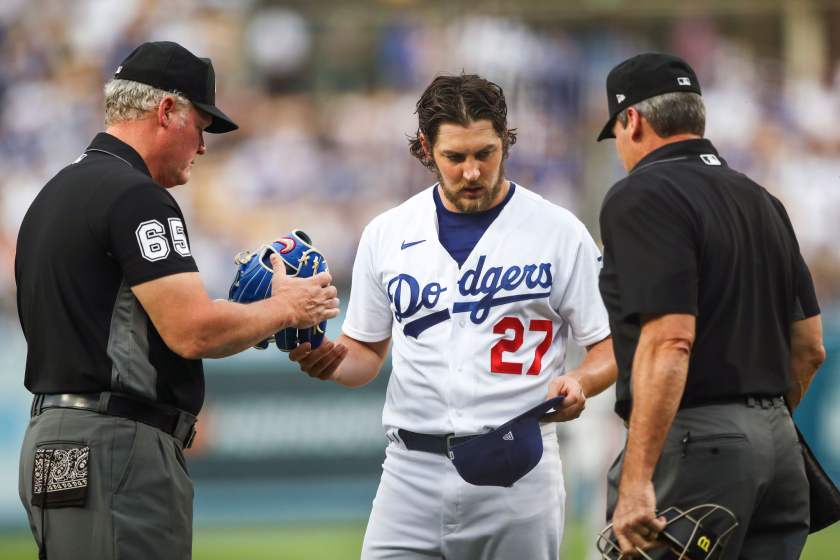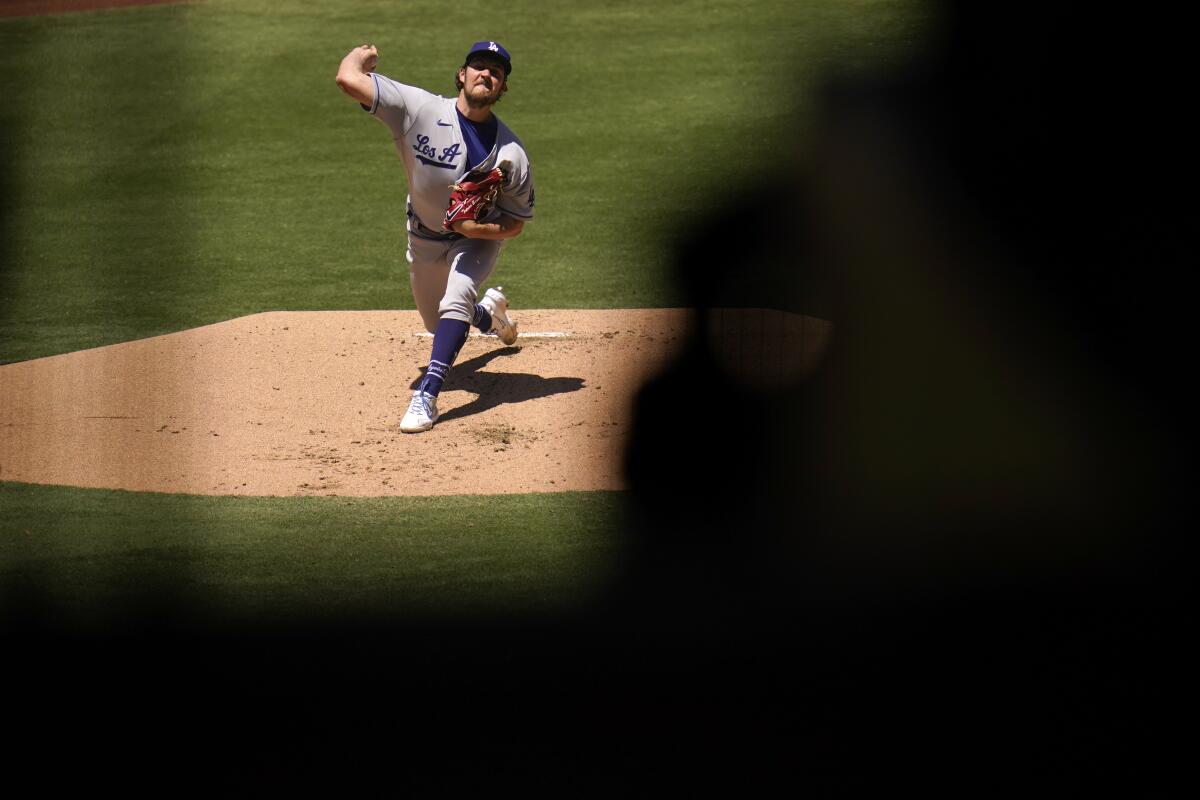Bauer’s agents are Rachel Luba and Jon Fetterolf. A white-collar lawyer in addition to his work as an agent, Fetterolf has taken the lead in defending Bauer so far. He’s used an aggressive public strategy, naming the victim in statements, a strategy that he has employed in the past.
His history includes two cases involving Major League Baseball players. He represented Alfredo Simon when a woman said she was raped by the pitcher in 2013; Simon paid the woman $150,000 in a 2015 settlement. He also defended Cardinals pitcher Carlos Martinez against an accusation of assault resulting from a 2014 altercation outside a St. Louis bar; that case was dismissed in 2019.
Additionally, Fetterolf has represented companies and individuals against antitrust, bribery and other financially based charges. Fetterolf did not respond to an email asking whether he plans to continue representing Bauer should the case go to trial.
Fetterolf works for the ZS Sports division within Zuckerman Spaeder, an East Coast firm that specializes in white-collar defense, business litigation and a number of other areas. ZS Sports advertises itself as having expertise in crisis litigation, arbitration and investigations. Fetterolf, along with Luba, also helped negotiate Bauer’s contract with the Dodgers, which made him the game’s highest-paid player this year.













